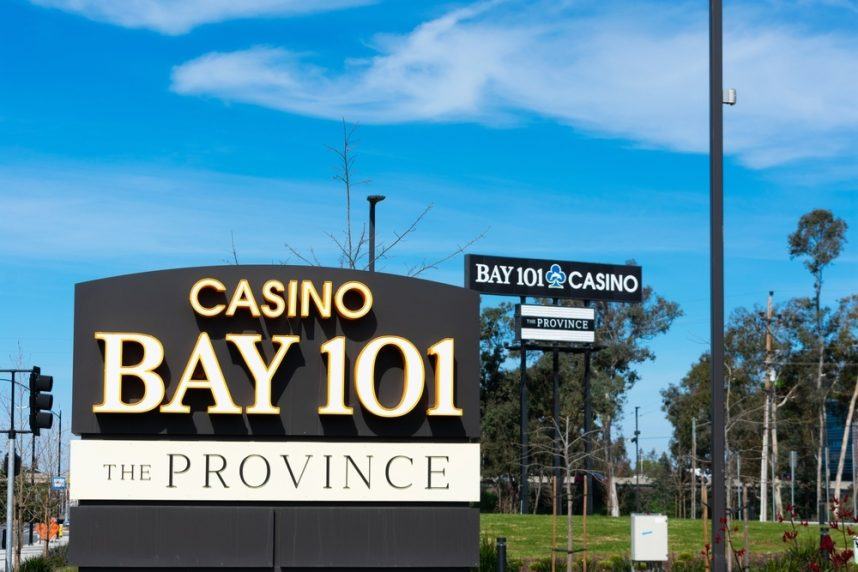Judge Torpedoes Tribal Lawsuit Against California Cardrooms
Posted on: October 13, 2025, 04:15h.
Last updated on: October 13, 2025, 04:15h.
- Judge rules federal law overrides California’s Tribal Justice Act.
- Tribes lose bid to challenge cardrooms’ “California games.”
- Ruling renews decades-long gambling fight between tribes and cardrooms.
A California Superior Court judge has dashed a legal effort by tribal operators to strike a blow against their longtime foe, the state’s cardroom industry.

On Friday, Judge Lauri Damrell dismissed the tribes’ case and with it their one legal window of opportunity to do some damage to the cardrooms.
Tribal operators have long complained that some of the cardrooms’ offerings are illegal and violate tribal exclusivity on house-banked casino games. But they’ve also been hamstrung to sue because state courts don’t have jurisdiction to hear cases brought by tribes if the case involves tribal rights or activities governed by federal law.
Window Shuttered
Last year, California Governor Gavin Newsom signed the Tribal Nations Access to Justice Act (TNAJA) into law. This created an opportunity for tribes to file suit for limited declaratory relief in state court.
The law didn’t allow tribes to ask for money, but it did let them ask a court to decide whether the contested games were legal.
Damrell has slammed that window shut, determining that federal law trumps TNAJA. The determination was expected, after the judge issued a tentative ruling to the same effect in August.
Don’t Bank on It
The focus of the tribes’ frustration is the spread of so-called “California games.” These are modified versions of casino staples like blackjack and pai gow poker that attempt to skirt the state’s ban on house-banked games outside tribal casinos.
Instead of the house playing against customers, the cardrooms take a small rake from each hand, and players are supposed to rotate through the dealer – or “banker” – position, similar to poker.
In their lawsuit, the tribes argued that in practice California gamess don’t require genuine rotation of the bank – only for that opportunity be offered.
As a result, one player can continue banking indefinitely if no one else accepts, creating a setup that functions “just as in Nevada and New Jersey-style banked games,” the complaint states.
To fill the dealer’s role, cardrooms frequently hire state-licensed firms that provide third-party proposition players (TPPPs), since many patrons are unwilling to act as the banker. Tribal casinos contend that these TPPPs effectively serve as the game’s bank, particularly when cardrooms fail to rotate the banker position as state regulations require.
Cardrooms Relieved
California Gaming Association (CGA) President Kyle Kirkland, representing the cardrooms, praised the decision in a statement emailed to Casino.org Friday
We are encouraged by today’s decision. Our member cardrooms will continue to support good jobs, vital public services, and local economies across California while upholding the highest standards of integrity, accountability, and compliance.” Kirkland said.
But James Siva, chairperson of the California Nations Indian Gaming Association (CNIGA), argued that that commercial cardrooms were still flouting the law by offering California games.
“All we have ever sought is a clear judicial determination on whether these practices are lawful under state law,” he said. “That is not an unreasonable ask – and tribes should not be denied their day in court.”
No comments yet